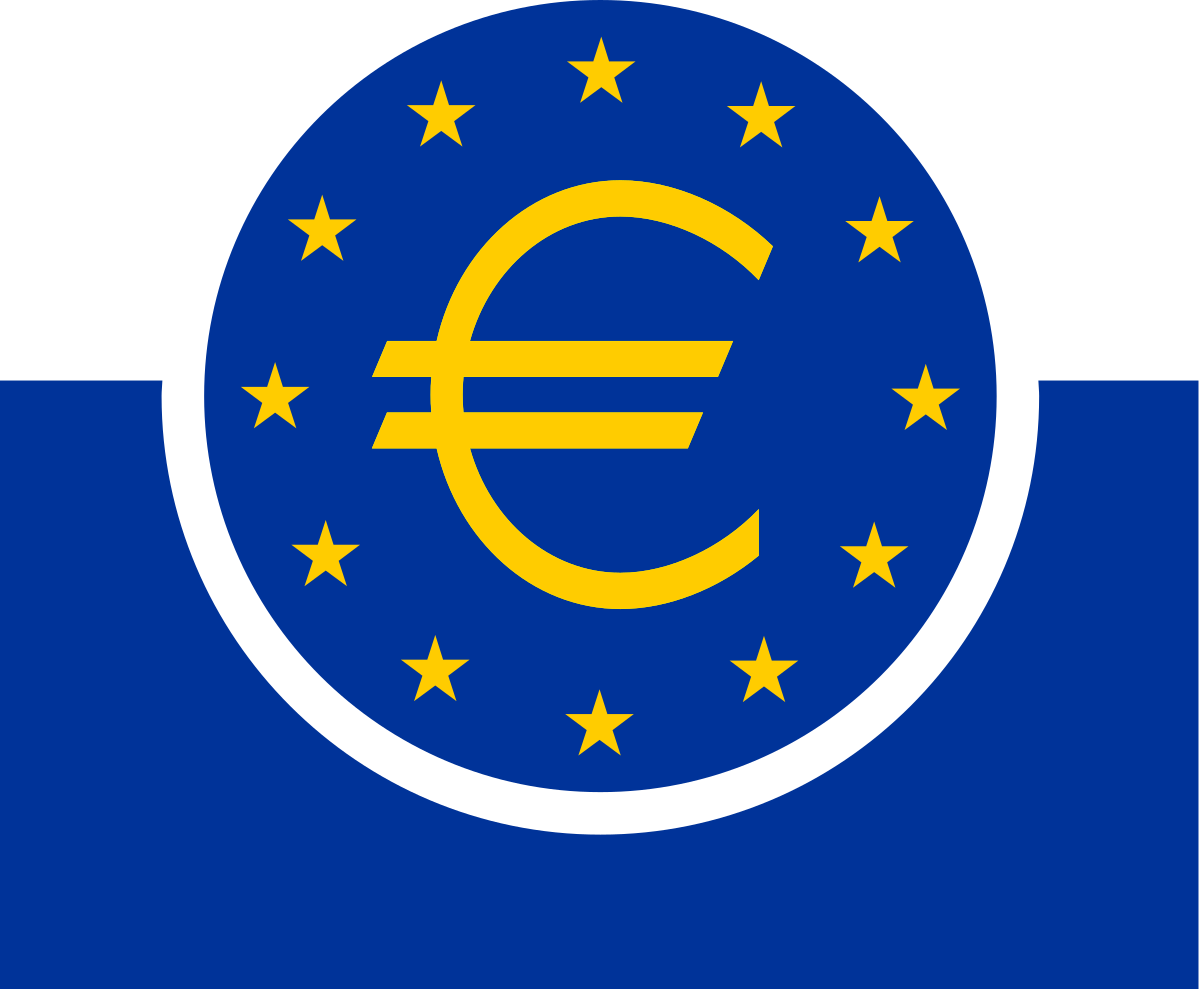ETF investors have viewed the dramatic sell-off in contingent convertible (CoCo) bonds as a buying opportunity despite contagion risks facing the asset class.
According to data from ETFLogic, the Invesco AT1 Capital Bond UCITS ETF (AT1) has seen $64m inflows over the past week, as at 31 March.
The inflows come after CoCo bond ETFs posted double-digit losses on 20 March with AT1 falling as much as 12.9% in the session.
This was driven by fears of contagion risk after Swiss regulator FINMA chose to write off $17bn of Credit Suisse’s Additional Tier 1 (AT1) debt as part of UBS’s acquisition of its beleaguered rival.
This angered bondholders who are usually higher up than shareholders in the pecking order following bankruptcy proceedings.
With the Swiss regulator finding a loophole in the terms and conditions, the news weighed heavily on other CoCo bonds with Louis-Vincent Gave, founding partner and CEO of research house Gavekal, warning the write-off will “kill the CoCo bond market”.
“For equityholders to get ‘something’ and CoCo bondholders to get ‘nothing’ raises serious questions about the real value of CoCo bonds,” Gave said. “Breaking the CoCo bond market means that in the next crisis banks will have to fund themselves in new ways, or shareholders will simply face massive dilution.”
However, investors adopting a ‘buy-the-dip’ strategy have reaped the rewards so far with Invesco’s AT1 ETF up 17.1% since 20 March, as at 4 April.
While the short-term performance has been strong, the precedent set by the Swiss regulator is certainly cause for concern for a high risk asset class such as CoCo bonds.
CoCo bonds, which were introduced after the Global Financial Crisis (GFC) in 2008, are designed to convert into equity when the issuing bank falls below a pre-determined capital threshold.
Other regulators such as the European Central Bank and the Bank of England have attempted to reassure investors that the same action would not be taken in their respective jurisdictions, however, the move leaves lingering questions.
“This means the AT1 capital market is, at this point, not a viable funding source for banks and thus common equity must be raised over time which will be dilutive for shareholders,” Peter Garnry, head of equity strategy at Saxo Bank, said.
“The banking crisis is far from over and the impact on credit conditions and the economy will likely be felt over the next six months.”





